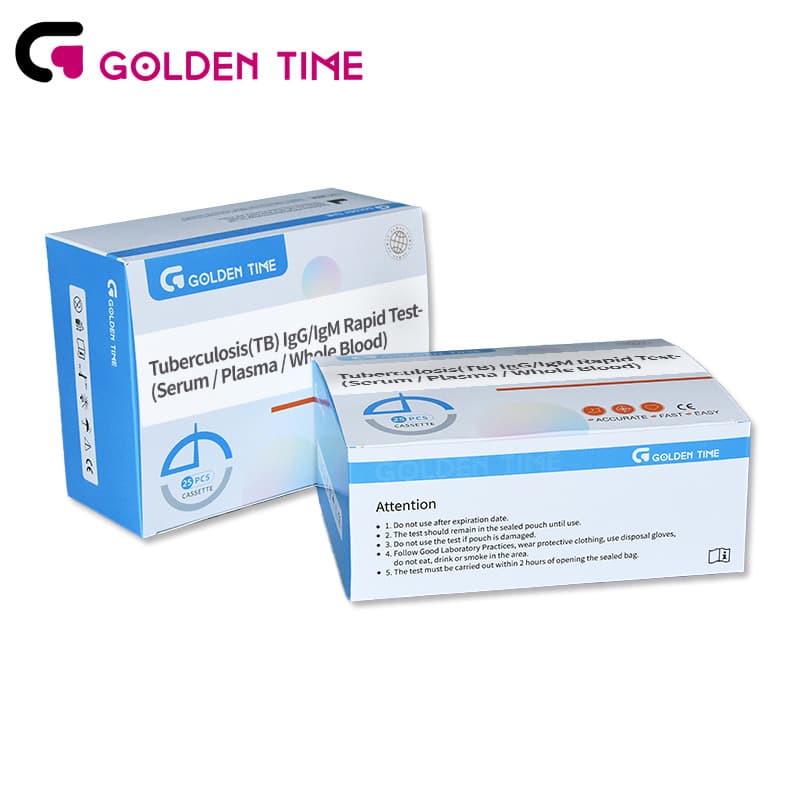Aug . 12, 2024 14:48 Back to list
Top Recommended Methods for Testing Helicobacter Pylori Infection Effectively and Accurately
The Best Tests for Helicobacter pylori A Comprehensive Overview
Helicobacter pylori, commonly known as H. pylori, is a type of bacteria that can infect the stomach lining and is known to cause various gastrointestinal disorders, including chronic gastritis, peptic ulcers, and even gastric cancer. Given the significant health implications associated with H. pylori infection, diagnosing it accurately is paramount. Several tests are available for detecting H. pylori, each with its own set of advantages and disadvantages. This article will explore the best tests for H. pylori, helping patients and healthcare providers make informed decisions.
The urea breath test is one of the most popular and reliable methods for diagnosing H. pylori infection. The test is non-invasive and involves the patient ingesting a small amount of urea labeled with a non-radioactive carbon isotope. If H. pylori is present in the stomach, it will break down the urea, releasing carbon dioxide that is absorbed into the bloodstream and eventually exhaled. The breath sample is then analyzed for the presence of the labeled carbon.
The UBT is highly sensitive and specific, making it an excellent choice for both initial diagnosis and post-treatment confirmation of H. pylori eradication. Its non-invasive nature is a significant advantage, particularly for children and patients who may be anxious about more invasive procedures.
2. Stool Antigen Test
The stool antigen test is another non-invasive method for detecting H. pylori. This test detects specific antigens produced by H. pylori in stool samples. Like the UBT, it can be used for both initial diagnosis and post-treatment verification.
This test is advantageous for its simplicity and the ease of sample collection. However, it requires the patient to refrain from taking certain medications, such as antibiotics and proton pump inhibitors, which can interfere with test results. Overall, the stool antigen test is a reliable option, particularly for patients who may not tolerate other forms of testing.
best test for h pylori

3. Endoscopy with Biopsy
For patients with severe symptoms or those at high risk for gastric complications, an endoscopic procedure may be necessary. During an endoscopy, a thin tube with a camera is inserted through the throat to visualize the stomach and duodenum. A biopsy sample can be taken from the stomach lining for histological examination.
While endoscopy is an invasive procedure, it allows for direct visualization of the gastrointestinal tract, enabling the identification of ulcers or other abnormalities. Additionally, biopsies can be tested using rapid urease tests or culture methods to confirm H. pylori presence. This method is particularly effective for patients exhibiting alarming symptoms and ensures that any potential complications are addressed immediately.
4. Blood Tests
Blood tests, specifically serology, have historically been used to diagnose H. pylori infection by detecting antibodies against the bacteria. However, blood tests are less favored today due to their limited sensitivity and specificity. They can indicate past infections but do not reliably detect active infections, making them less useful for initial diagnosis or post-treatment confirmation.
Conclusion
Determining the best test for H. pylori infection depends on various factors, including the patient's symptoms, medical history, and the healthcare provider's judgment. The urea breath test and stool antigen tests are preferred for most non-invasive screening and follow-up scenarios. In more severe cases, endoscopy may be warranted to rule out significant gastrointestinal issues. Ultimately, early detection and treatment of H. pylori infection can significantly improve patient outcomes, reducing the risk of serious gastrointestinal complications. Therefore, understanding the different diagnostic options is crucial for effective management of H. pylori-related diseases.
-
Pregnancy Test Calculator: Know Your Weeks, Week by Week
NewsAug.22,2025
-
Malaria Pf Ag Rapid Test Kit - Quick & Accurate Detection
NewsAug.11,2025
-
Accurate Cardiac Marker CK-MB Rapid Test for Quick Results
NewsAug.10,2025
-
Premium Empty ABS Plastic Cassette for Test Strips
NewsAug.09,2025
-
Sterile Urine Cup: Accurate Specimen Collection for Labs & Home
NewsAug.08,2025
-
Malaria Pf/Pan Ag Rapid Test Kit for Fast, Accurate Diagnosis
NewsAug.07,2025

